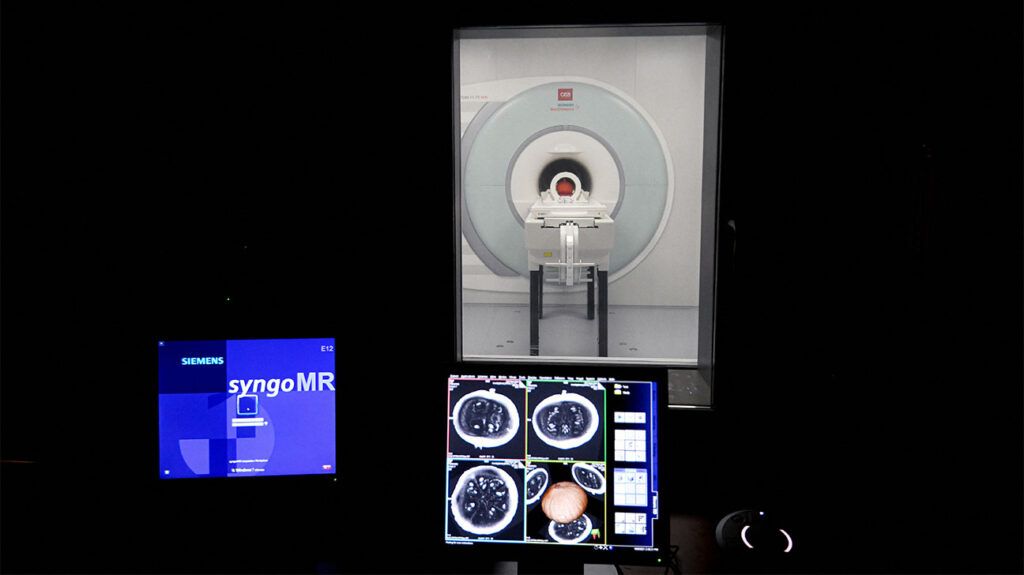Although the specifics of COVID-19’s impact on brain health have been demonstrated in previous studies, they remain largely a mystery.
Using the most recent scanning technology, a new study investigates in greater detail.
The authors conclude that infection-related damage to the brainstem may help explain some long-term COVID symptoms.
Some individuals who are infected with the COVID-19 virus, SARS-CoV-2, experience persistent symptoms like shortness of breath and brain fog.
Although the findings to this point have not been conclusive, researchers have attempted to identify the specific brain changes that may be causing these issues.
Using the most recent scanning technology, a new study focuses on the brainstem, a vital area of the brain that controls breathing and other vital functions.
People hospitalized with COVID-19 show distinct changes in this brain region, according to the researchers. Additionally, they demonstrated that the damage is more pronounced in those with more severe illnesses.
Their findings are published in the journal Brain.
How COVID-19 affects the brain Previous research has shown that severe SARS-CoV-2 infection that results in hospitalization is linked to changes in the brain, including the following:
white matter hyperintensities, which are abnormalities in the coating of some neurons and which also appear in some cases of dementiaTrusted Source, are abnormalities in the coating of some neurons, and they also appear in some cases of dementiaTrusted Source
Additionally, research indicates that changes in the brainstem are linked to COVID-19Trusted Source. The connection between the brain and the spinal cord is the brainstemTrusted Source. It strikes a balance between many important life functions.
One of the study’s authors, Catarina Rua, PhD, a research associate in the Department of Clinical Neuroscience at the University of Cambridge in the United Kingdom, told Medical News Today, “The brainstem is responsible for controlling basic autonomic functions like breathing and heart rate.”
She went on to say, “These functions regulate our vital body functions, which means they are mechanisms we do not control consciously.”
Some researchers think that damage to this part of the brain could help explain why some people have long-lasting COVID symptoms, such as:
changes in mental health, fatigue, fogginess, and difficulty breathing
The authors of the new study, on the other hand, claim that previous studies “have not shown consistent brainstem abnormalities at follow-up.”
Therefore, in order to investigate COVID-19-related changes in the brainstem at a deeper level this time, the researchers made use of the most recent scanning technology.



